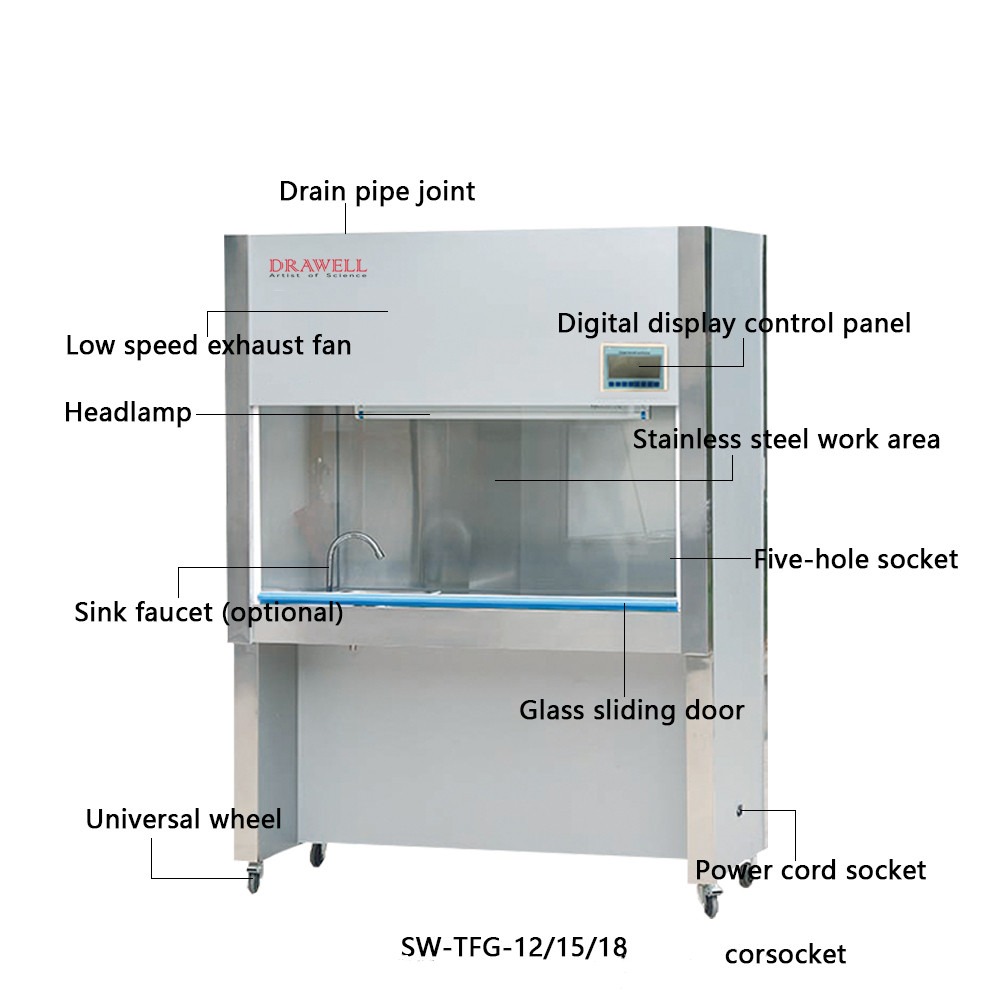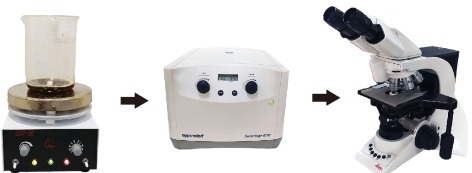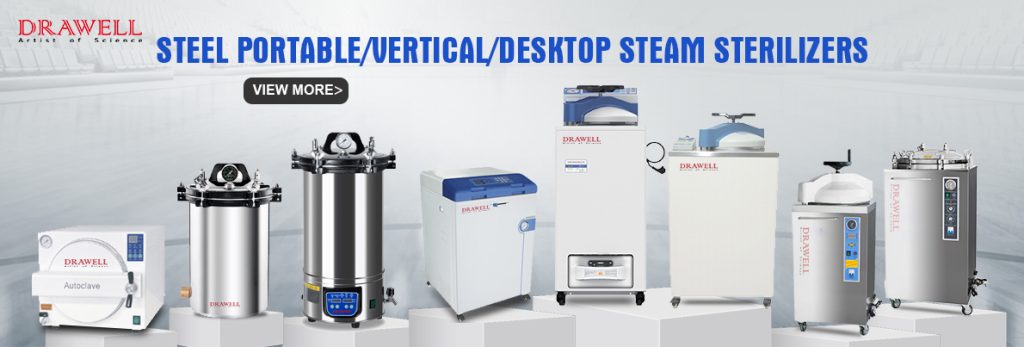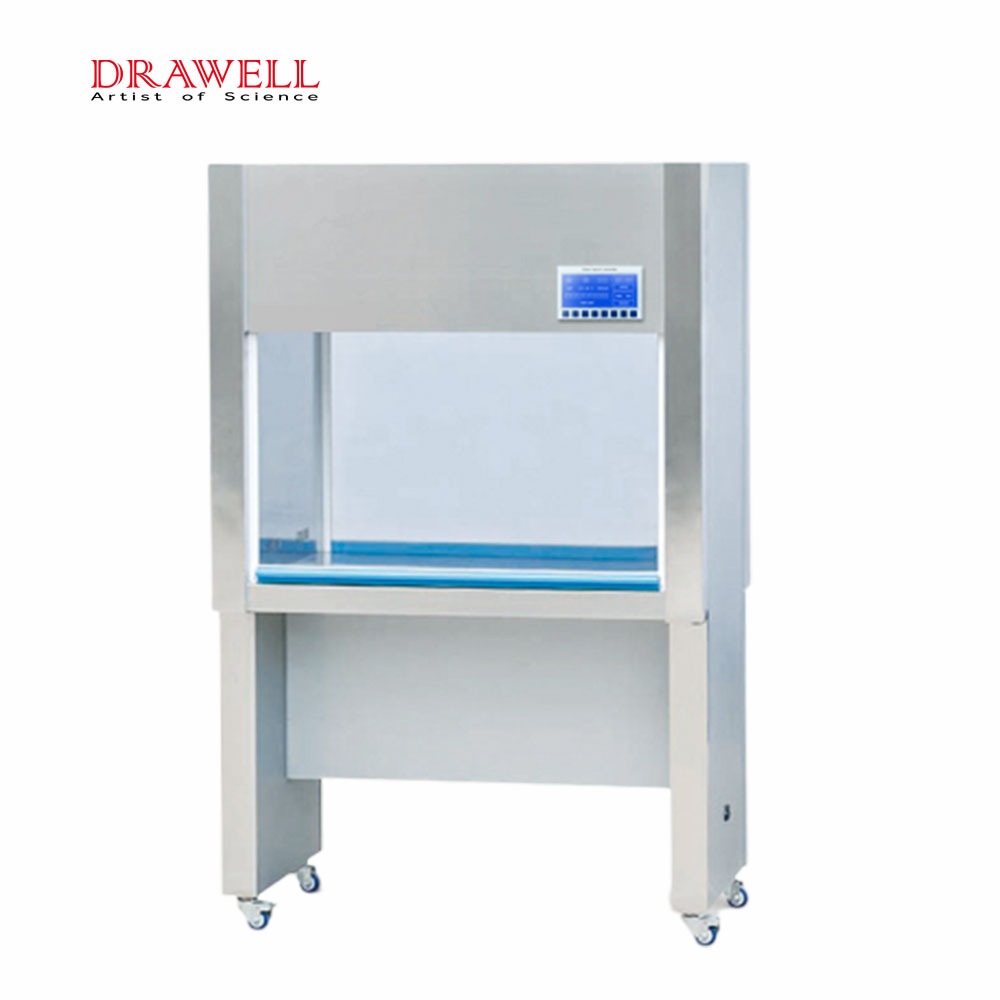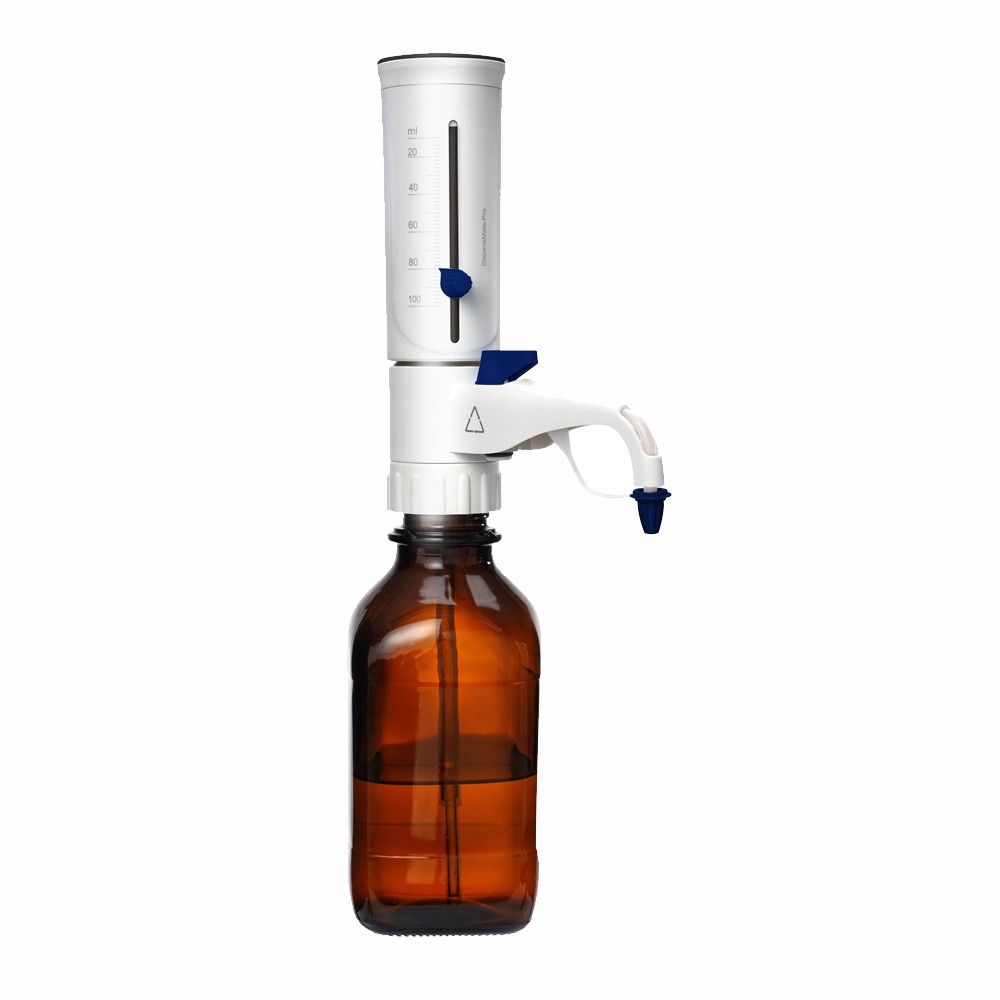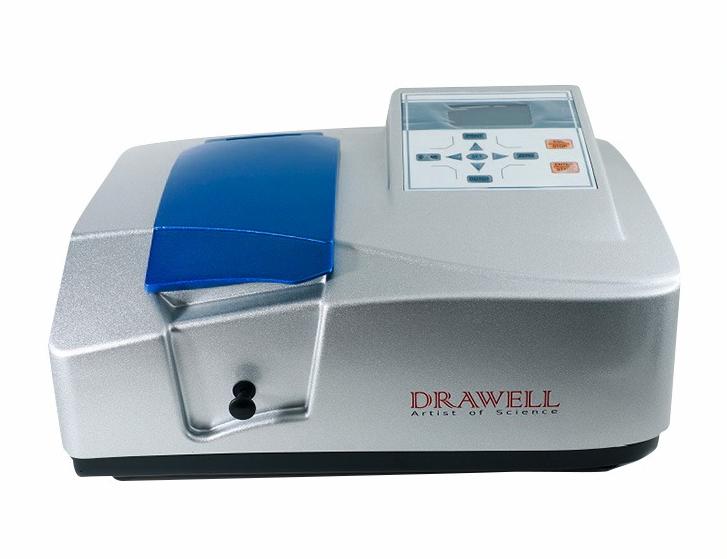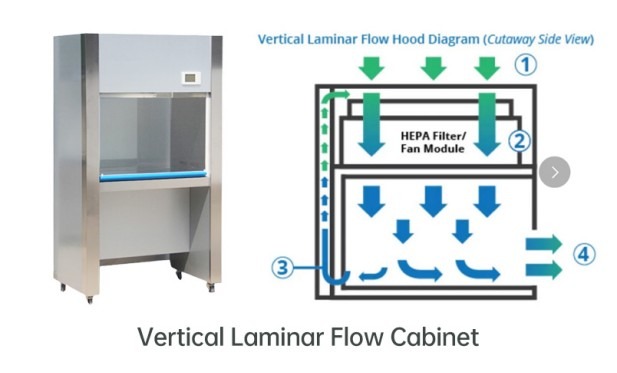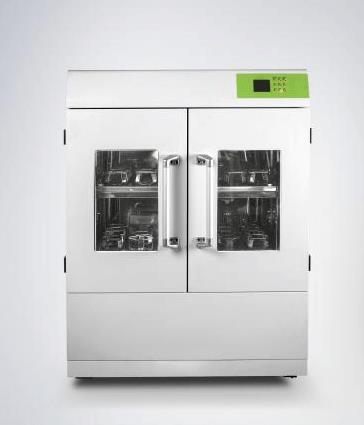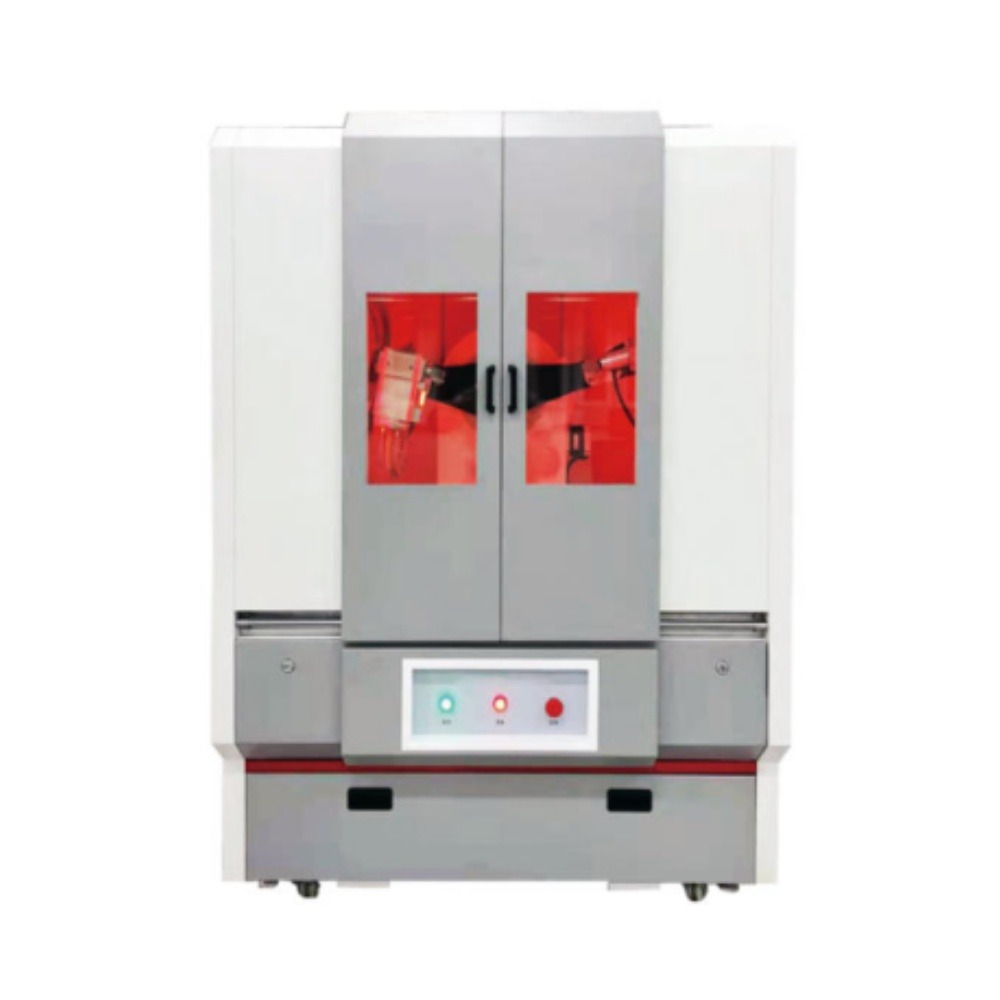News
How to Ensure Fume Hood Safety
In labs fume hoods are a vital tool for a safe working environment. They are designed to capture, contain and exhaust hazardous fumes, vapors and particulate matter, preventing exposure to dangerous chemicals and keeping lab personnel safe from airborne contaminants. But having a fume hood is not enough; fume hood safety requires proper use, regular maintenance…
Microwave Digestion vs. Traditional Digestion Methods: How to Choose the Right Method
Sample preparation is a critical step in many analytical procedures, especially when working with complex matrices in industries like environmental science, food safety, pharmaceutical development, etc. Among the many sample preparation techniques available, digestion methods which can be used to break down complex samples into a homogenous solution are commonly adopted. Two primary digestion approaches are used: microwave digestion and traditional…
What are the Lab Sterilization Methods and Equipments?
Sterilization is the most fundamental method to ensure the safety and effectiveness of a lab environment. By making sure that all surfaces including equipment and equipment are free of contaminants, sterilization can reduce the chance of errors in experiments as well as cross-contamination and spreading of infectious agents. We will explore a variety of sterilization techniques as well…
Laboratory Freezer Cost and Energy Efficiency: How to Balance
Laboratory freezers are indispensable in a variety of scientific fields, from medical research to pharmaceutical development. They ensure the integrity of samples and materials, often under strict temperature conditions. However, selecting the right laboratory freezer involves more than focusing on performance specifications. Balancing cost and energy efficiency is a critical consideration for labs aiming to…
How to Choose the Right Bottle-top Dispenser for Different Chemical Applications
Bottle-top dispensers can provide precision, safety and convenience when dispensing liquids directly from reagent bottles. However, selecting the right bottle-top dispenser is crucial to ensure chemical compatibility, accuracy, and operational safety. In this article, we focus on the topic of how to choosing the right bottle-top dispenser for different chemical applications, exploring key factors and considerations for choosing the…
Laminar Flow Cabinets in Clinical Microbiology: Types and Functions
In the field of clinical microbiology, maintaining a sterile environment is critical for accurate diagnostic outcomes and safe laboratory practices. Laminar flow cabinets play a pivotal role in achieving this goal by ensuring contamination-free handling of specimens, cultures, and reagents. These cabinets are designed to create a controlled workspace that minimizes the risk of microbial contamination….
What Makes UV-Vis Spectrophotometer Reliable for Water Analysis
Water analysis is a critical aspect of environmental monitoring, quality control, and public health. Ensuring the purity and safety of water resources requires accurate and reliable analytical techniques. UV-Vis spectrophotometry offers a robust and versatile approach to water analysis, providing valuable insights into the chemical composition and quality of water sources. The UV-Vis spectrophotometer combination of…
Vertical vs. Horizontal Laminar Flow Cabinets in Your Laboratory Applications
In laboratory environments where contamination control is critical, laminar flow cabinets are vital in protecting samples, equipment, and personnel. Depending on the direction of airflow, laminar flow cabinets are categorized into two main types: vertical and horizontal. Each has its own advantages and limitations, making them suitable for different applications. This article delves into the differences between vertical vs. horizontal…
How to Choose the the Right Shaking Incubator for Your Laboratories
In laboratory settings, a shaking incubator combines heating, shaking, and controlling temperature to create optimal conditions for growing cultures or conducting experiments. Whether you’re working in molecular biology, microbiology, biochemistry, or cell culture applications, selecting the right shaking incubator is crucial for achieving accurate and reproducible results. This article provides an overview of different types of shaking…
What Types of Nanomaterials Are Usually Analyzed by XRD
The field of nanotechnology has witnessed an explosion of research and development, leading to the creation of materials with unique and enhanced properties stemming from their nanoscale dimensions. Understanding the structure and composition of these nanomaterials is paramount for controlling their behavior and optimizing their performance in diverse applications, ranging from medicine and electronics to…


